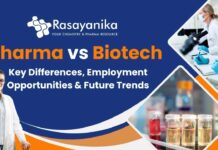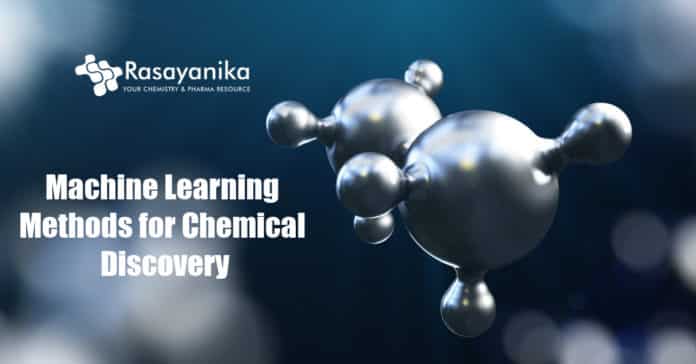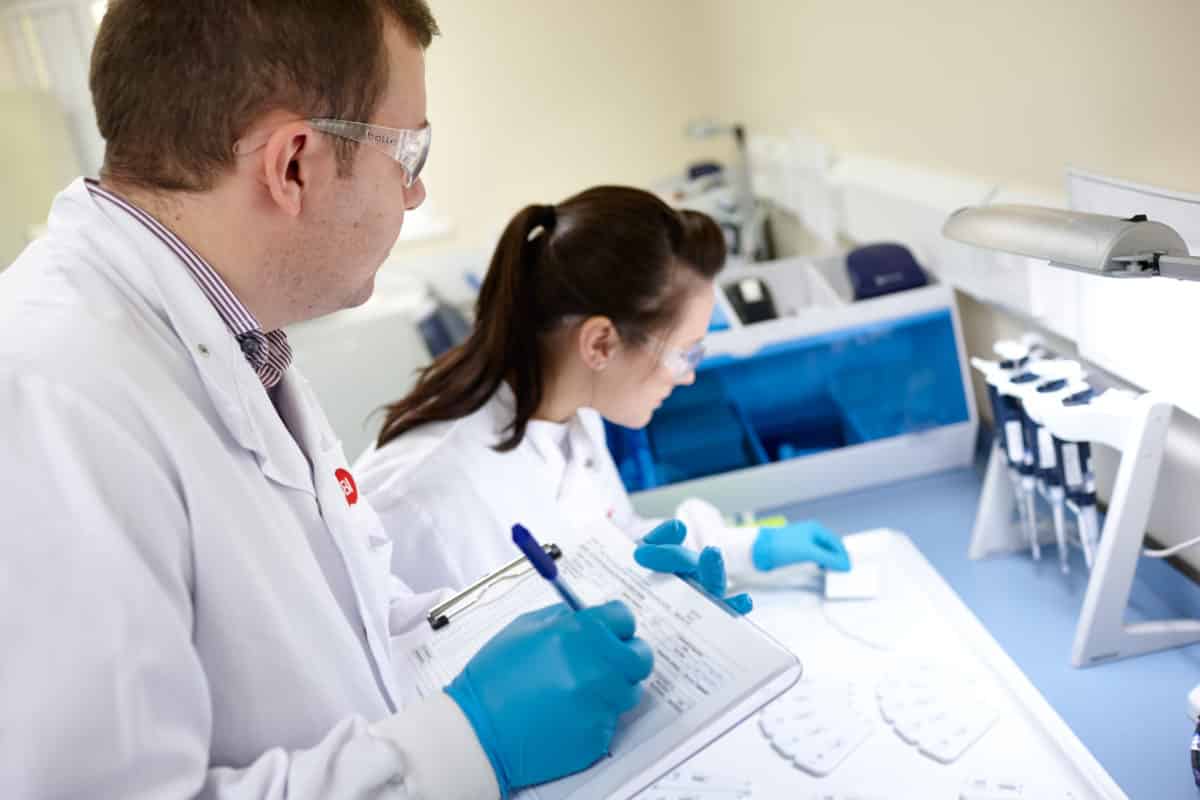Developing machine learning methods for chemical discovery
The discovery and formulation of new drugs and any chemical, in general, can be a painstakingly long process. Interdisciplinary research involving biochemistry, physics, and computer science can solve this problem. Methods of machine learning, along with first quantum principles and statistical mechanics and training on datasets that tend to increase continuously, together have the potential to revolutionize the chemical discovery process.
Professor Alexandre Tkatchenko, University of Luxembourg, said that chemical discovery is bound to evolve together with machine learning, but true synergy can be achieved between them only by solving many outstanding challenges.
Identification of drug candidates with the help of machine learning
In order to develop novel machine learning methods and identify compounds with strong potential for therapeutics, the University collaborated with Janssen Pharmaceuticals, a Belgian company, in spring 2020. Until now, machine learning approaches are developed only for molecules of smaller size. The current project by the university has a goal of architectural extension and transfer of quantum mechanics-based approaches in machine learning to large pharmaceutically important molecules.
Dr. Leonardo Medrano-Sandonas, a postdoctoral researcher in the team, commented that the core business of pharmaceutical firms relies on the generation of novel
chemicals acting actively on relevant biological targets. He added that being approached to work together in identifying candidates for drugs by a pharmaceutical firm who is leading the sector is a gratifying sign of the industrial recognition of the expertise of the team.The European Commission funded Innovative Training Network.
Prof. Tkatchenko has received the grant for the Marie Sklodowska-Curie Actions—Innovative Training Network, a project– Advanced machine learning for Innovative Drug Discovery (AIDD) (2021-2023). This project is granted as a collaboration between European pharma companies–Bayer, AstraZeneca, Janssen, Enamine (chemical company), and ten computational drug design expertise academic partners. With an aim to make a contribution to building an integrated ‘one chemistry’ model, this project plans to develop innovative ML methods that would be able to predict outcomes of molecule generation to synthesize and to understand how chemistry and biology together can come together to develop new drugs.
Industrial partners of medicinal and synthetic chemistry expertise join forces with scientific expertise and together benefit from large datasets with value. This is the first time when the methodological developments that are to be involved will be available open-source. Scientists with machine learning and knowledge in chemistry to advanced chemistry will be prepared by a training network.
Prof. Tkatchenko explains that accurate prediction making, with the help of machine learning, critically involves access to a large collection of data with high quality and expertise in the domain in order to analyze them. Bringing the forces together is the first step in a revolution in chemical discovery driven by machine learning.
Machine learning for chemical discovery is an emerging field, and it is expected that the field would see substantial advances in the near future. In an article in the journal, Nature Communications Prof. Tkatchenko discussed breakthrough and the possible challenges the emerging field would come across in the year to come.
Developing machine learning methods for chemical discovery.
















































